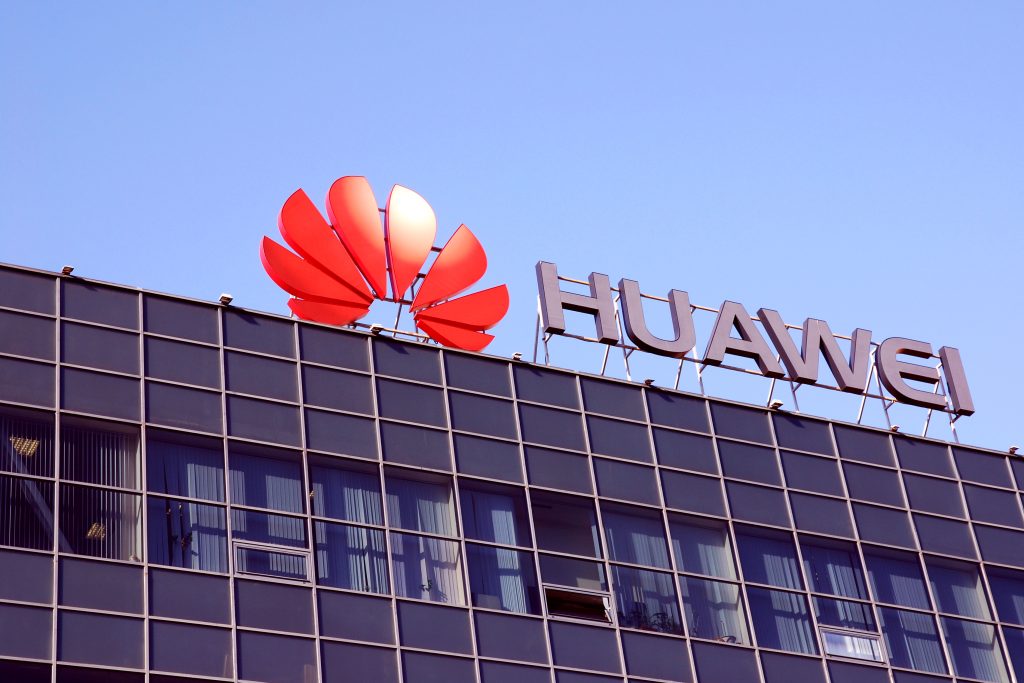Intel, Qualcomm chip sales to Huawei stopped by US
The revocation of licenses could have significant implications for both Huawei and US suppliers.

The US has taken a significant step in its ongoing trade restrictions with Chinese telecom giant Huawei Technologies. Several licenses permitting companies like Intel and Qualcomm to supply chips for laptops and handsets to Huawei have been revoked, according to sources familiar with the matter. The move, effective immediately for some companies, follows the recent launch of Huawei’s AI-enabled laptop, powered by Intel’s latest processor.
While the US Department of Commerce confirmed the license revocations, it did not disclose the specific companies affected. Republican lawmakers have criticised the Department of Commerce, suggesting it had previously allowed Intel to supply chips to Huawei. The restriction aligns with pressure from Republican China critics in Congress urging the Biden administration to take firmer measures against Huawei, aiming to bolster US national security and impede China’s technological advancements.
The revocation of licenses could have significant implications for both Huawei and US suppliers. Huawei heavily relies on Intel chips for its laptops, and US suppliers conducting business with the company may face repercussions. The consequences could include the loss of a major client, decreased revenue, and potential layoffs. Intel, in particular, has been experiencing weakened demand for its traditional chips, further exacerbated by the license revocation. Additionally, Qualcomm’s dealings with Huawei, particularly regarding 5G technology licensing, are under scrutiny, with ongoing negotiations and uncertainties surrounding future revenue streams.
Critics argue that previous licenses granted to Huawei, which allowed the company to continue its operations despite US export restrictions, have contributed to its resurgence. These licenses, issued under specific conditions and for limited periods, were aimed at balancing national security concerns with the need to maintain a competitive global technology market. Despite export restrictions on both companies, Huawei’s smartphone sales saw a significant uptick following the release of a new phone powered by a chip from a Chinese chipmaker. This resurgence extends to Huawei’s smart car component business, which experienced its fastest revenue growth in four years in 2023.


